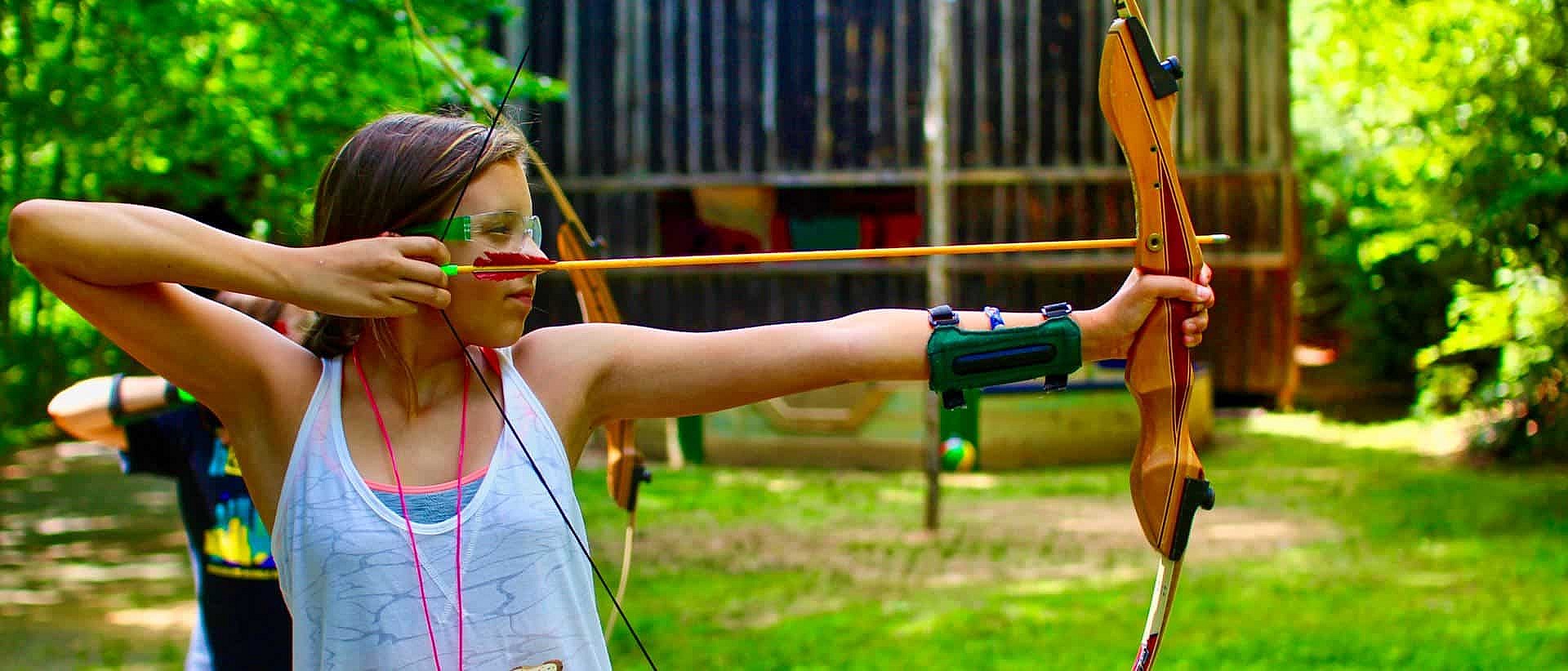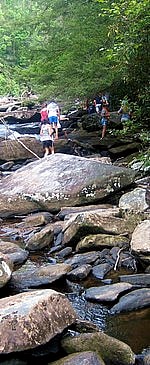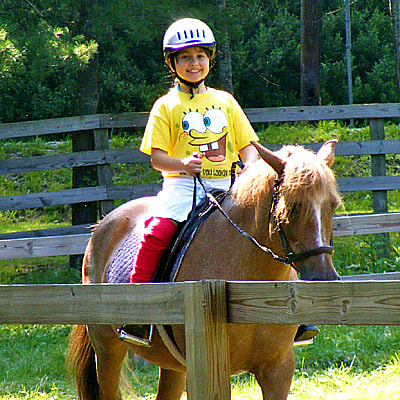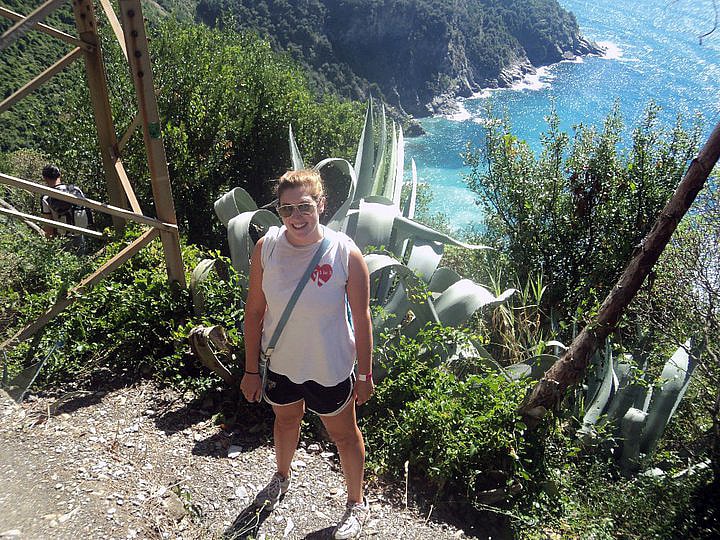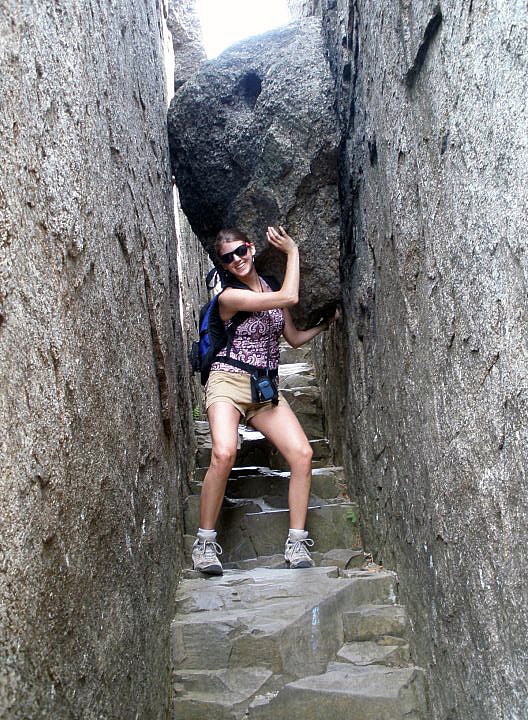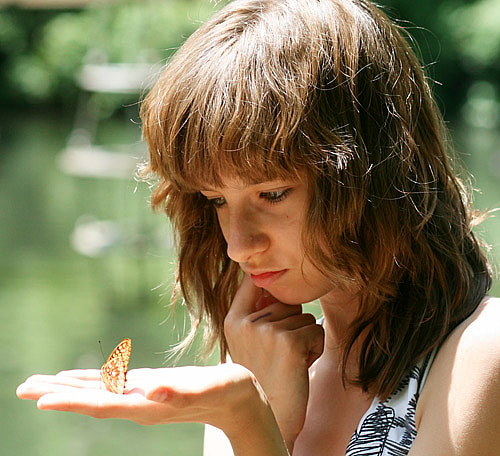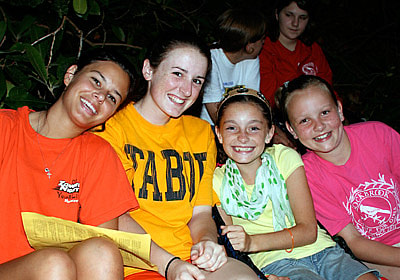For quite some time now, we’ve talked about summer camp providing children valuable lessons, unique opportunities to learn that can’t be recreated in traditional educational contexts. If you mention this claim to just about anyone associated with a summer camp, you’ll find full agreement. Summer camps are “Youth Development” organizations. Camps are heaps of fun, but are also something kids need to foster their growing up.
The American Camp Association has articulated these educational benefits of camp most extensively. Following broad research initiatives and years of collecting data from summer camps across the country, the ACA continually makes a strong case for what children gain from a camp experience. The list of these “outcomes” and “competencies” is now well-known: self-identity, self-worth, self-esteem, leadership, self-respect, compassion, contribution, commitment, caring, honesty, generosity, sharing, resilience, resourcefulness, ethical awareness, responsibility, and communication skills. We have discussed many of these benefits on this blog, here and here for example.
The next question to ask, however, is not “what gains do children make at camp,” but “how does camp provide these benefits?” There is a lot to this, of course, but let me point out one crucial reason summer camp has this unique educational power, and again, power above and beyond what traditional classroom educational settings offer.
Residential summer camps are uniquely educational because they are first and foremost communities dedicated, through first-hand experiences, to broad personal, social and physical well being. Camps are experiential learning communities. Led by admirable, caring adult role models, summer camp communities are tightly-knit groups of people who not only live (eat, play, make) together, but also grow personally by virtue of experiencing so much together. So many of the “outcomes” and “competencies” above, those personal qualities we all recognize as valuable— honesty, compassion, responsibility, generosity, etc., can be traced to what individuals gain from fully participating in a vibrant positive community. Summer camp communities are dedicated to, thrive upon, and thus foster, these kinds of personal traits.
Equally important is the full-time nature of the summer camp community experience. These aren’t lessons taught sitting at a desk in idealized abstract language. This is learning that’s lived. At camp, the “teachable moments” actually happen, involve real people, and carry real personal consequences. Just about every moment at camp is this kind of “teachable moment,” an opportunity to learn from the interaction with others and the natural world. At summer camp, there is a teacher in everything!
Being at summer camp is almost non-stop fun, but it also brings out the best in kids by asking them to pay attention to the people around them, and to build positive relationships of all kinds. It’s this kind of direct experiential community learning that gives camp the power to shape young people so profoundly.

